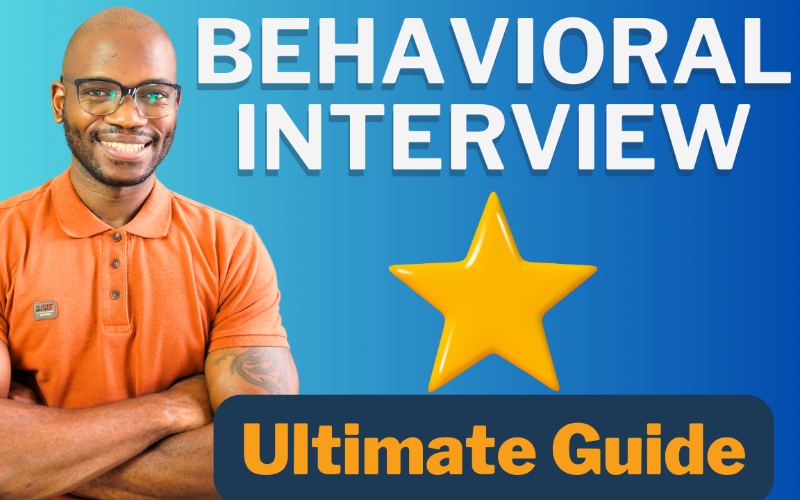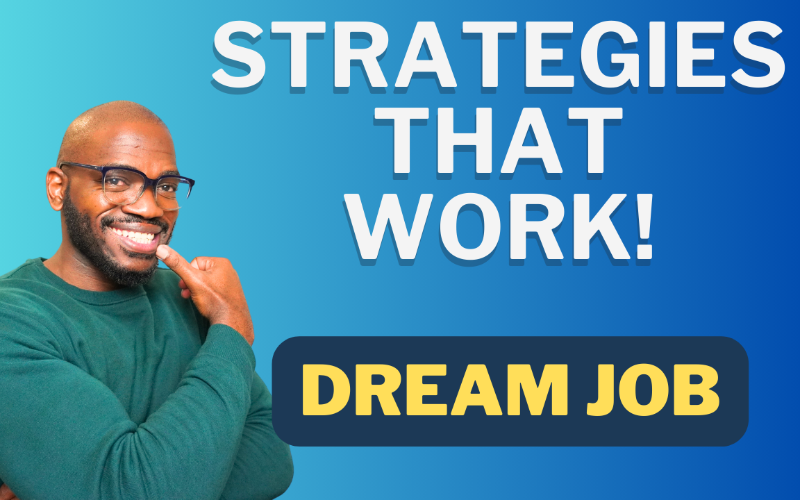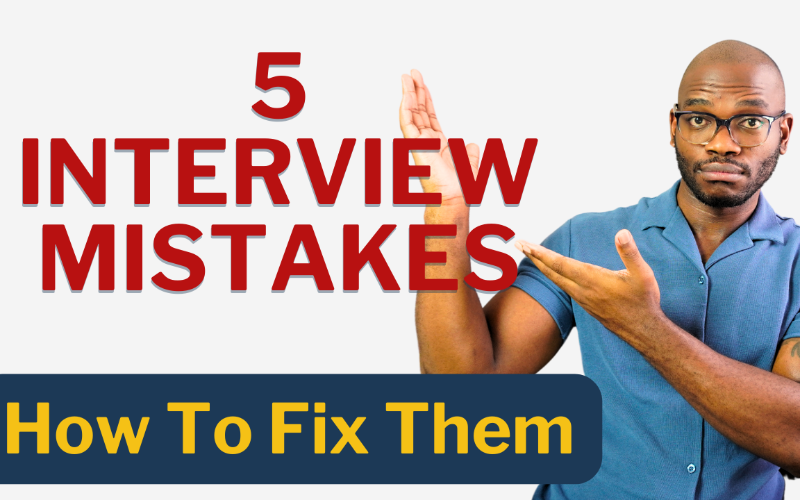Understanding Behavioral Interviews
Behavioral interviews delve into your past experiences, moving beyond hypothetical scenarios to predict future performance. Unlike traditional interviews that ask "What would you do?" behavioral interviews ask "What did you do?" This approach allows employers to see concrete evidence of your skills and adaptability. It’s not just about listing your accomplishments but demonstrating how you achieved them, showcasing your problem-solving abilities, teamwork, leadership, and how you handle pressure. Understanding that past behavior is indicative of future performance is crucial to mastering behavioral interviews. With the right preparation, you can transform these questions into opportunities to highlight your strengths and fit for the role.
Preparing for Behavioral Interviews
Effective preparation is crucial for success in behavioral interviews. Start by reflecting on your past experiences, both in your professional and personal life, focusing on challenges you’ve faced, goals you’ve achieved, and lessons you’ve learned. Align these experiences with the job description, pinpointing the skills and qualities the employer seeks. Utilize the STAR method (Situation, Task, Action, Result) to structure your responses, ensuring they are clear and impactful. Practice your answers to remain flexible and sound natural during the interview, aiming to convey your genuine self. This preparation will help you feel more comfortable and confident, enabling you to recall relevant stories and present your best self during the interview.
Common Behavioral Interview Questions
Preparing for common behavioral interview questions is a key step in your readiness. Questions like "Tell me about a time you faced a challenge at work" probe your problem-solving skills and resilience. "Give an example of when you worked well within a team" examines your ability to collaborate, while questions about taking initiative seek insights into your leadership and innovation capabilities. For each type of question, focus on a specific example that showcases your thought process, actions, and the positive outcomes achieved. Emphasize teamwork and collective success, as well as individual initiative and impact. Practicing these scenarios will not only prepare you for specific questions but also enhance your ability to tackle a range of behavioral questions effectively.
During the Interview
When it's time for the interview, staying engaged and communicating your experiences effectively is important. Active listening is essential; pay attention to each question and ask for clarification if needed to ensure your answers are precise and relevant. Employ the STAR method in your responses, beginning with the Situation and Task, then detailing your Action, and concluding with the Result. Maintain eye contact and use confident body language to support your verbal communication. Take a moment to compose your thoughts before responding to each question, prioritizing quality and thoughtfulness over speed. This approach helps you remain present and focused, allowing you to navigate the interview successfully and demonstrate your readiness for the role.
Post-Interview
After the interview, take time to reflect on your performance, identifying strengths and areas for improvement. This self-assessment is crucial for your professional development. Follow up by sending a personalized thank-you note to each interviewer within 24 hours, expressing appreciation for their time and reiterating your interest in the position. If you haven’t received a response by the expected timeline, a polite follow-up email is appropriate, showing your continued interest and keeping you in the interviewers' minds. Treat each interview as a learning experience, using it to hone your approach and better prepare for future opportunities, regardless of the immediate outcome. This post-interview phase is an essential part of the process, contributing to your ongoing growth and interview mastery.
Mastering behavioral interviews is about more than rehearsing answers; it involves genuine self-reflection, strategic storytelling, and engaging meaningfully with your interviewer. By understanding the nature of behavioral questions, preparing thoroughly with the STAR method, and practicing common interview questions, you equip yourself to showcase your best qualities and experiences. During the interview, active listening, clear communication, and confident body language are key to conveying your suitability for the role. Afterward, reflective practice and timely follow-up demonstrate your professionalism and dedication. Armed with these strategies, you are ready to transform any behavioral interview into a platform to demonstrate your competence and fit for the job.









